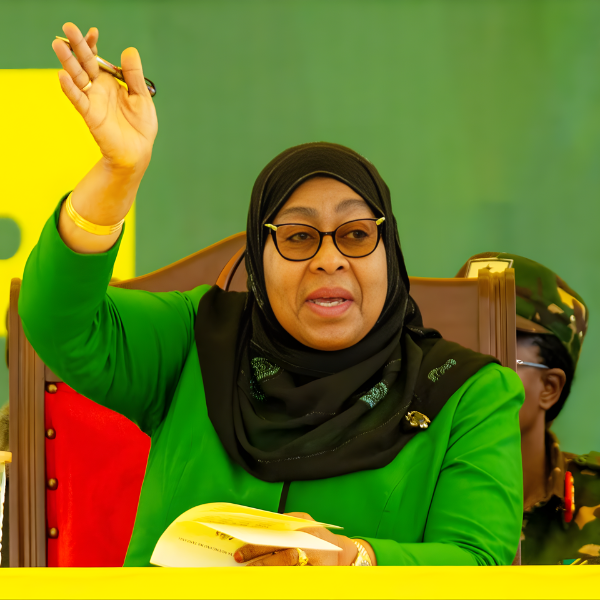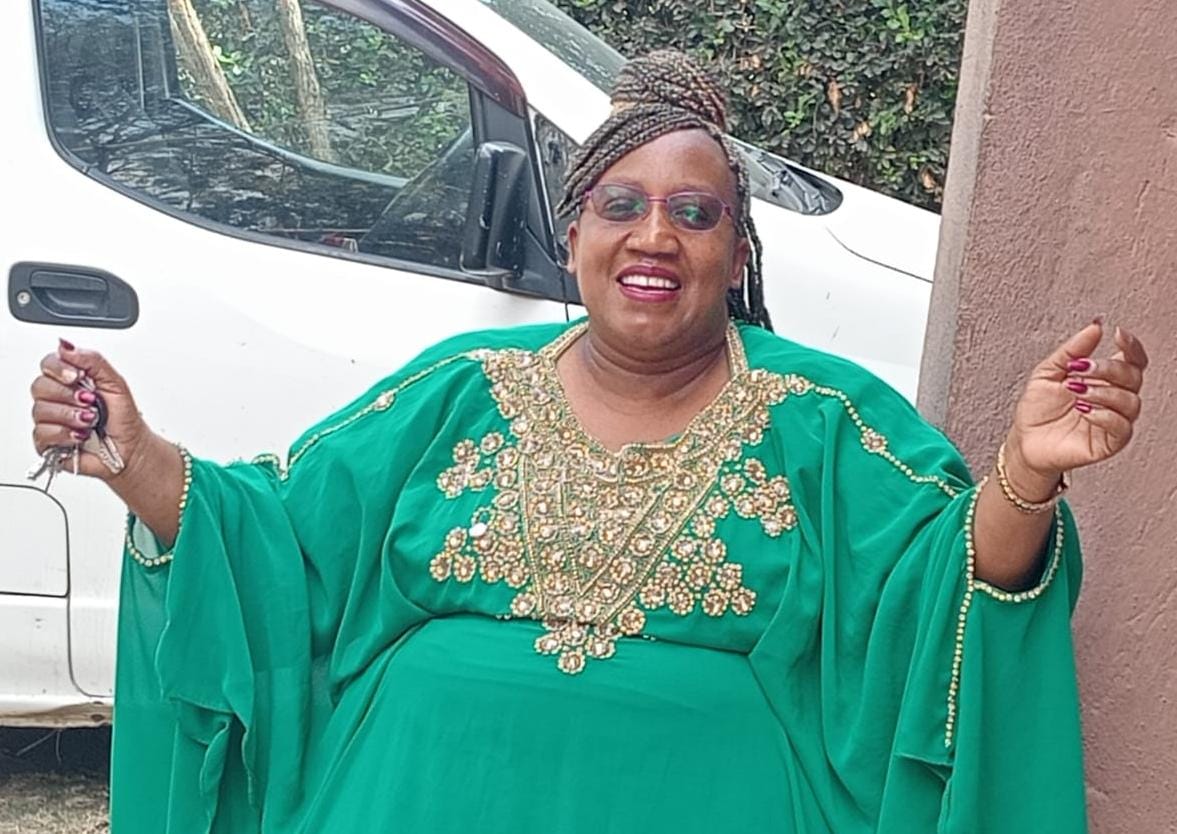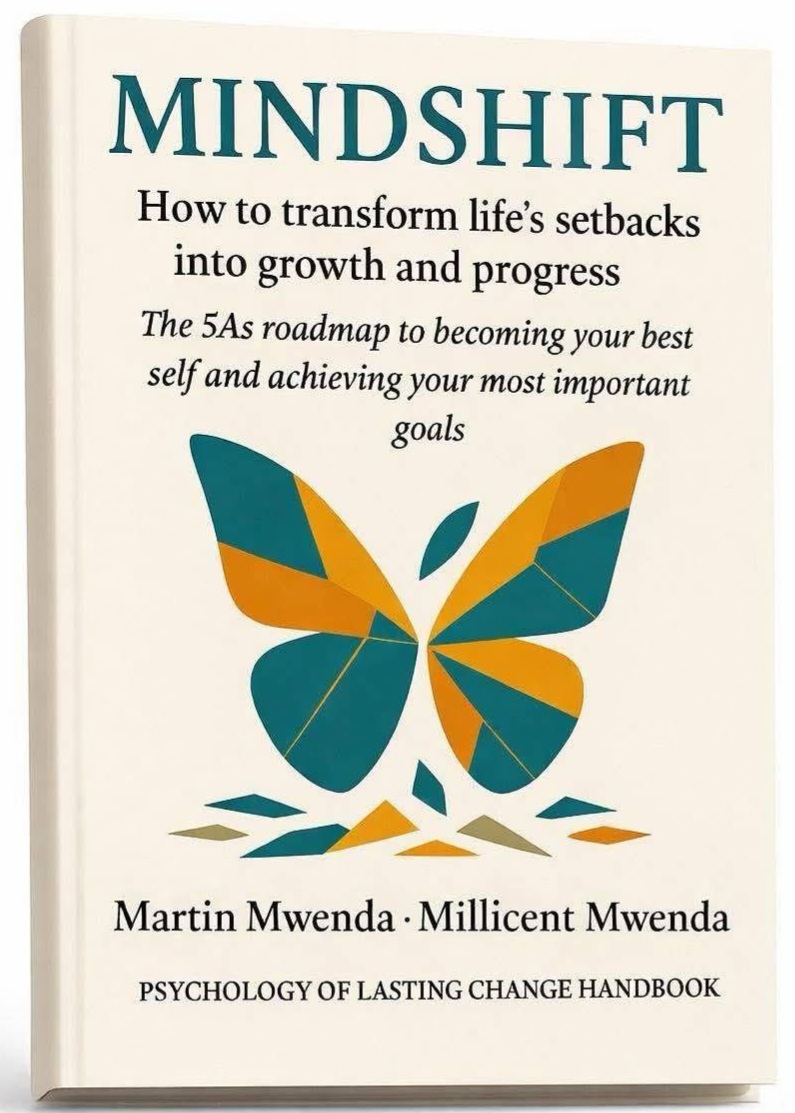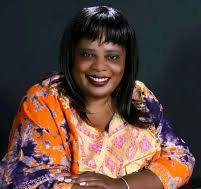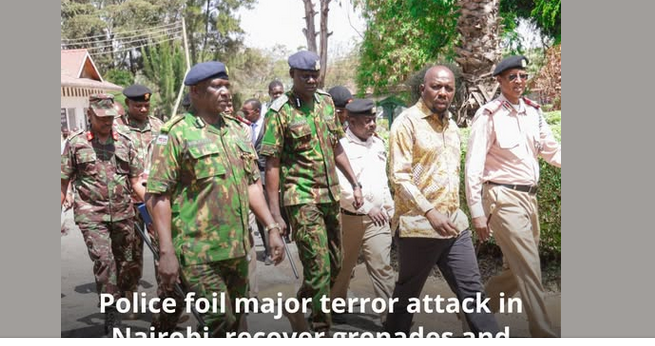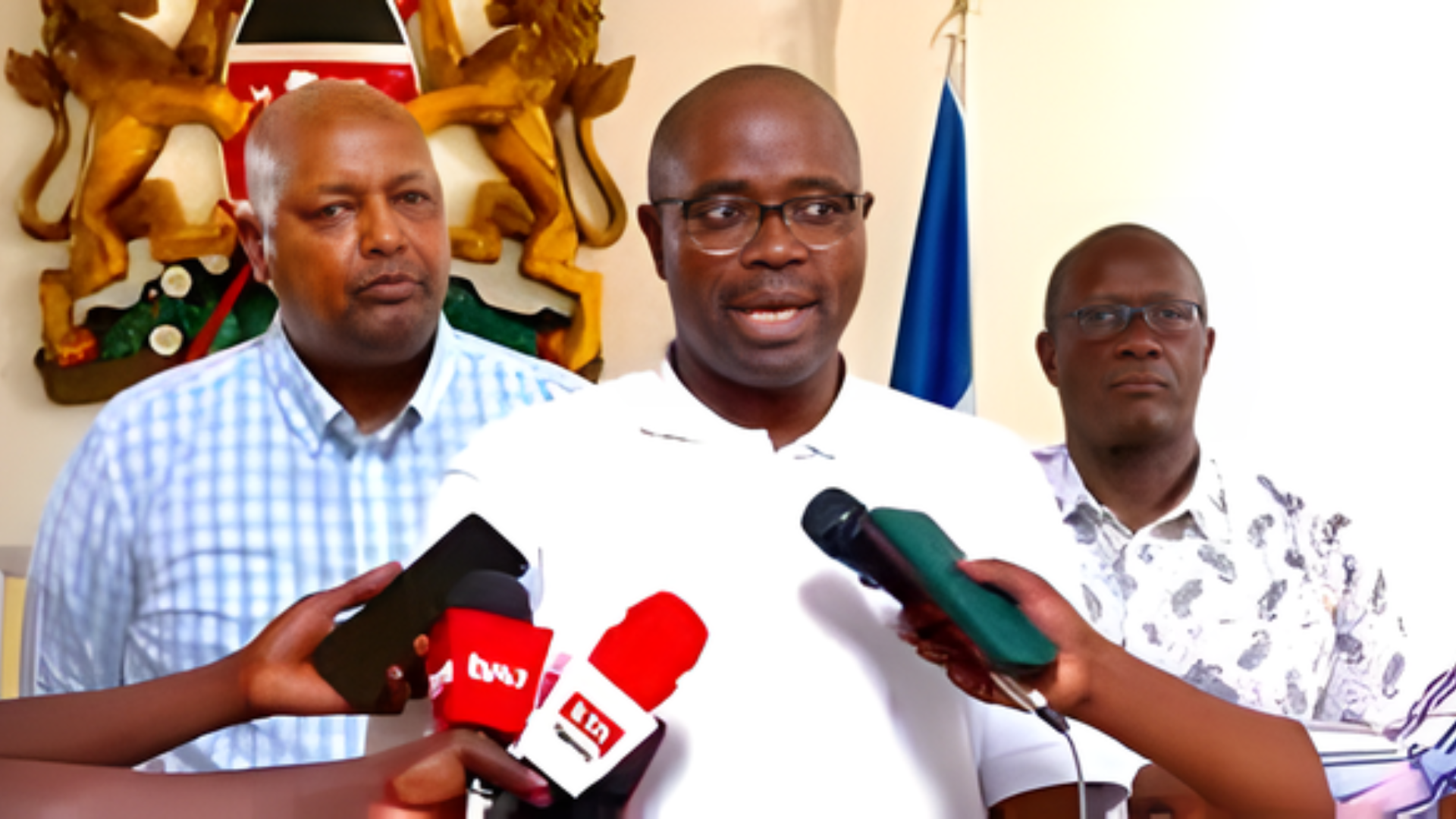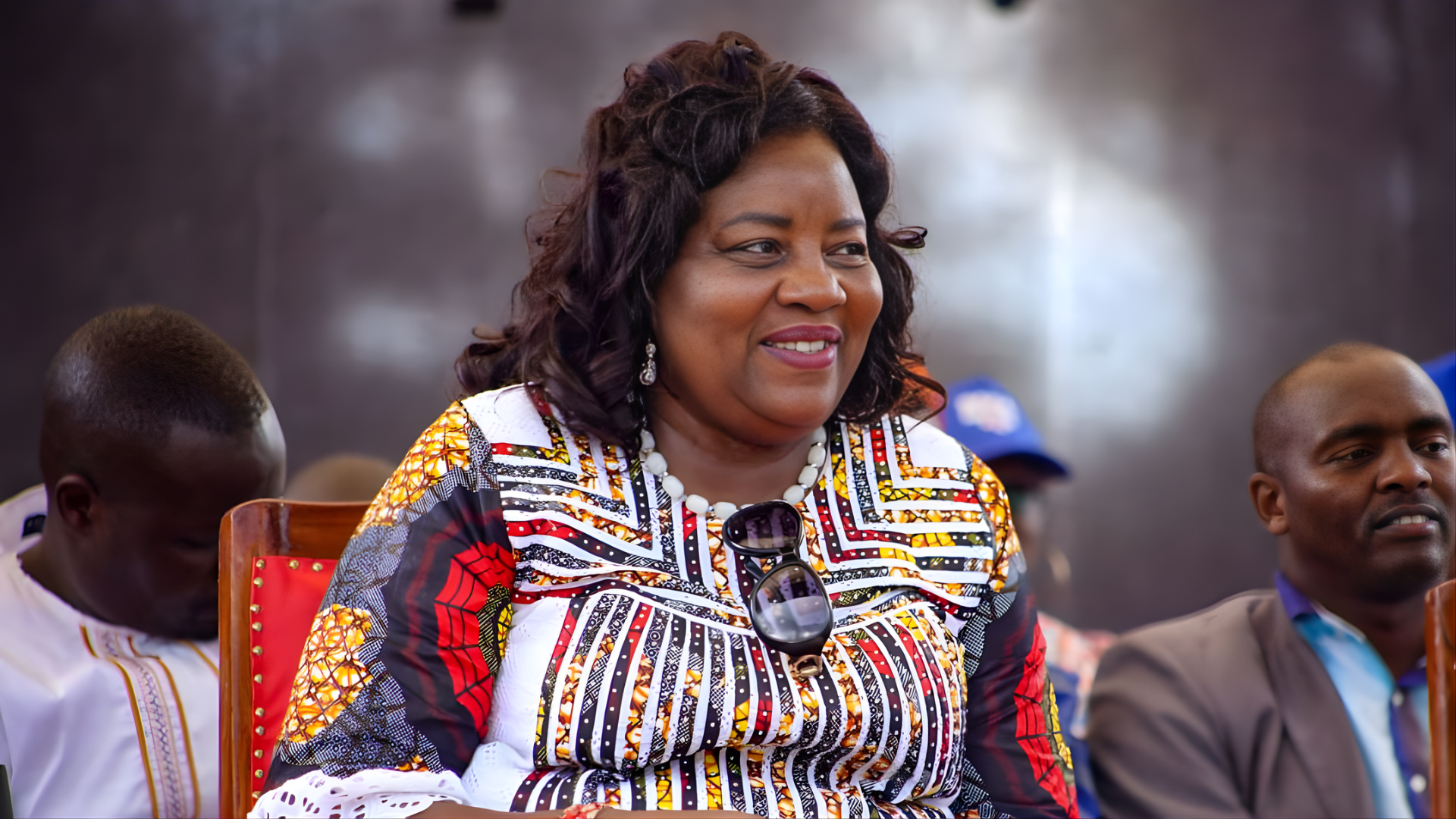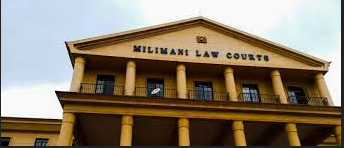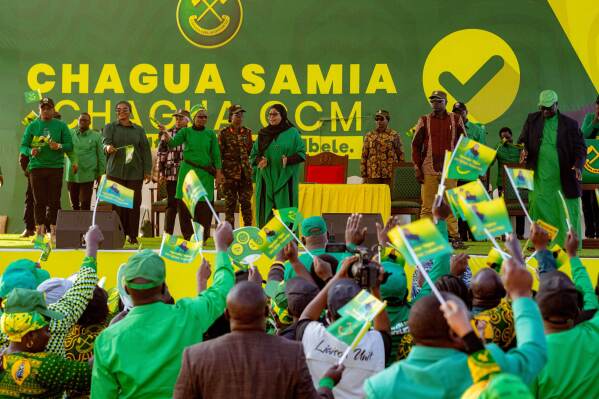

More in Business
View All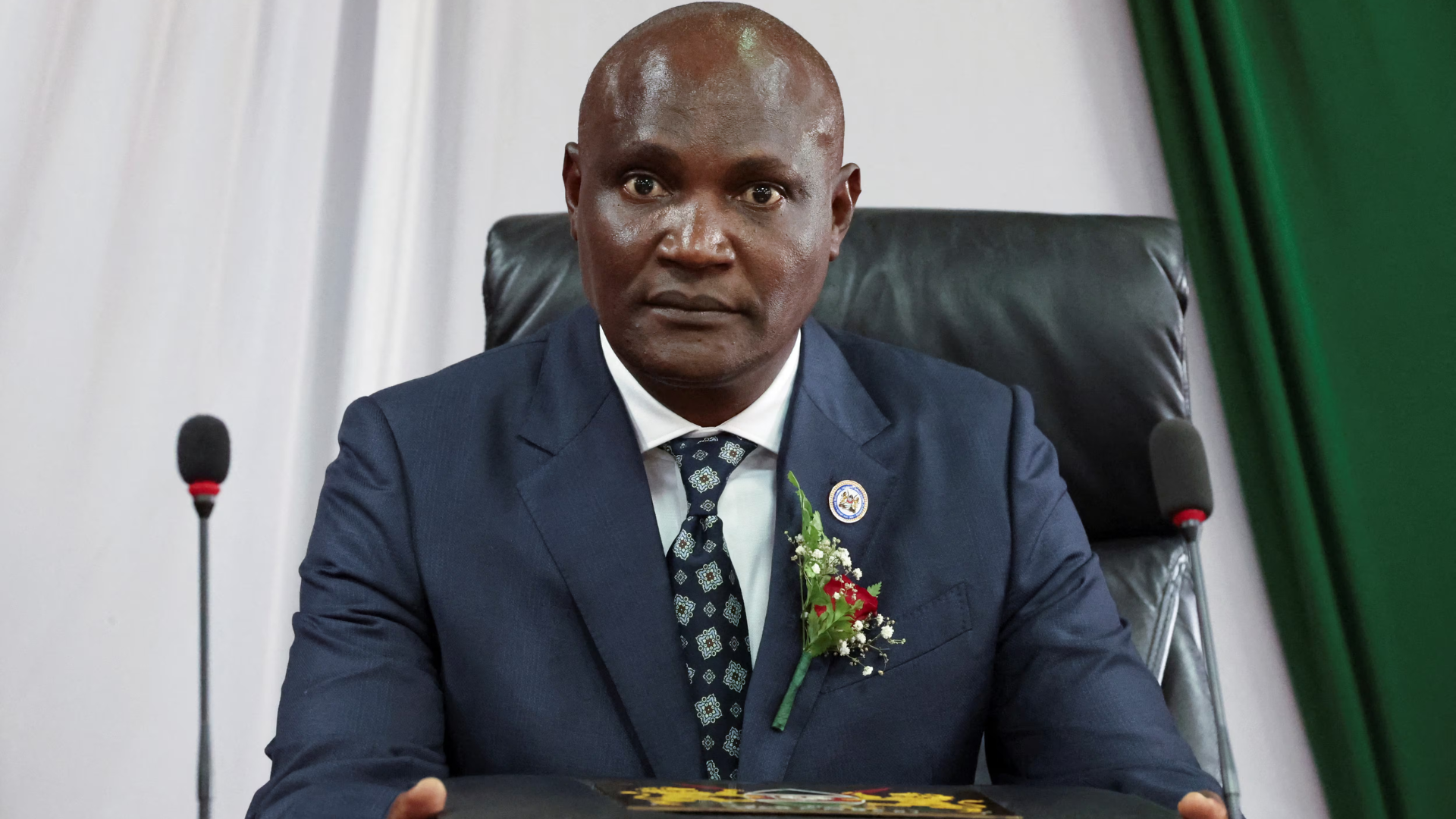
Kenya Raises Sh290.6 Billion in New Eurobond Issuances
Kenya has successfully raised Sh290.6 billion through two new Eurobond issuances in international capital markets, marking one of …
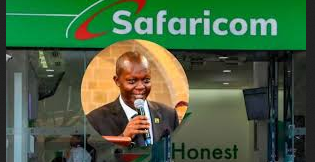
Why Safaricom Wants a Sh69 Million case Thrown Out Against it by former news anchor
Safaricom has gone on the offensive in a high-stakes legal battle after former news anchor Peter Oyier slapped …
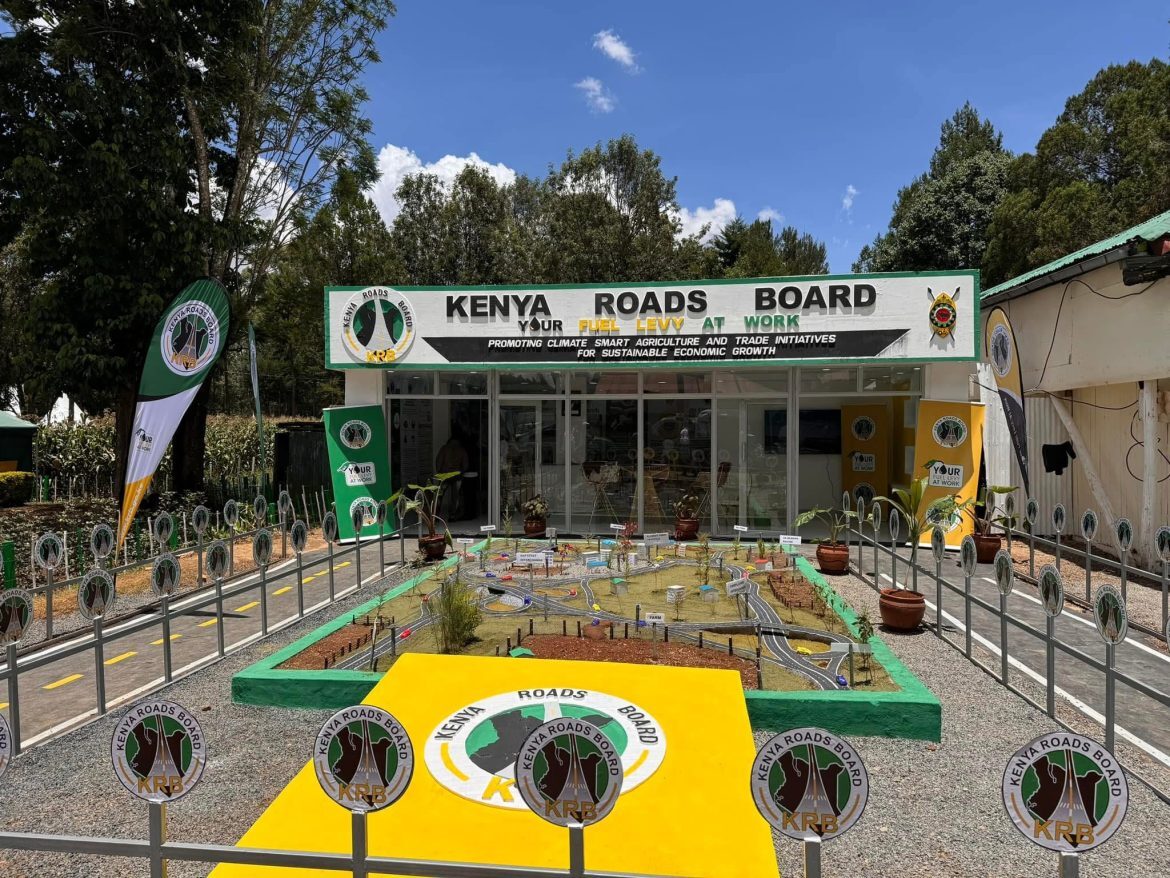
Female in the Lime light, Judith Otsyula Appointed as the First Female Director General of Kenya Roads Board
The Judith Otsyula has been appointed the new Director General of the Kenya Roads Board (KRB), taking over …
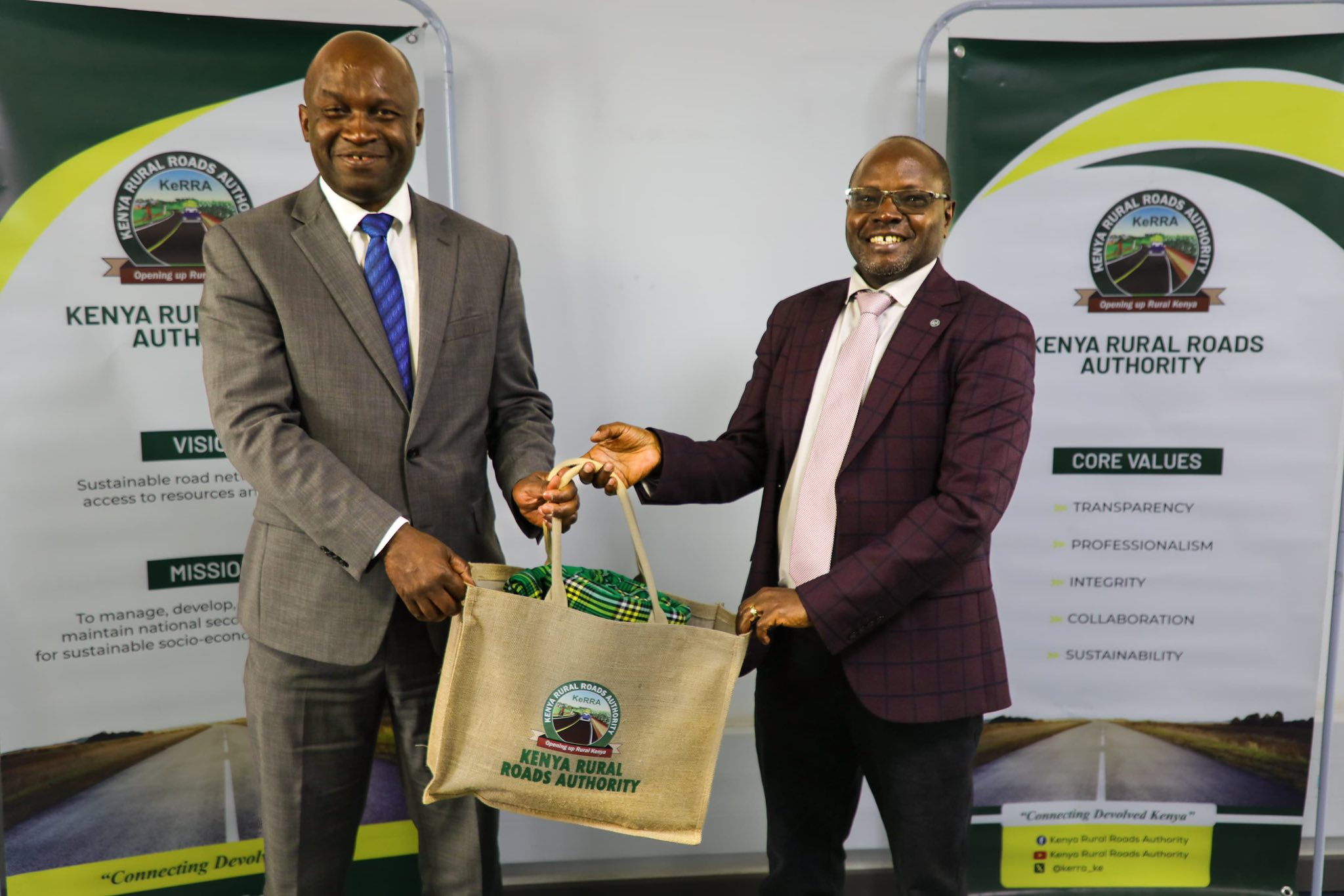
Jackson Karubiu Magondu Appointed as the New Director General of Kenya Rural Roads Authority (KeRRA)
Veteran engineer to lead rural roads agency for three years after rigorous selection process Jackson Karubiu Magondu has …
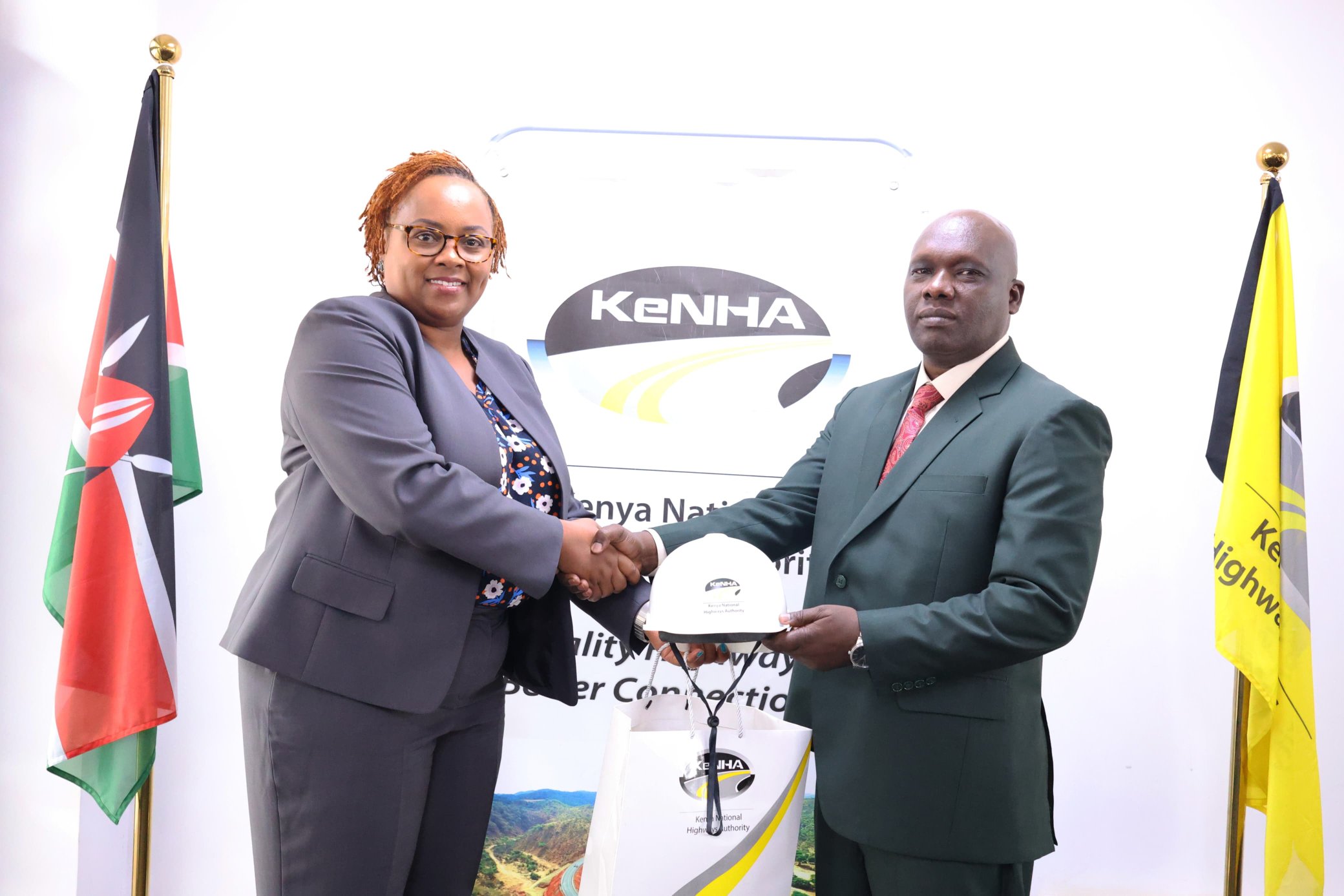
Luka Kimeli Appointed as the New Director -General of Kenya National Highways Authority (KeNHA)
The Kenya National Highways Authority (KeNHA) has appointed Eng. Luka Kipchumba Kimeli as its new Director-General, with the …

Industrial Action Grounds Calm at JKIA as Aviation Workers Strike, Authorities Activate Contingency Plans
Travelers at Jomo Kenyatta International Airport (JKIA) faced delays and uncertainty after aviation workers downed their tools, triggering …
More in Education
View All
Fear of Dropouts as Schools Demand Full Fees After Midterm Break
As the first half-term break begins, anxiety is mounting among thousands of Grade 10 learners across Kenya who …
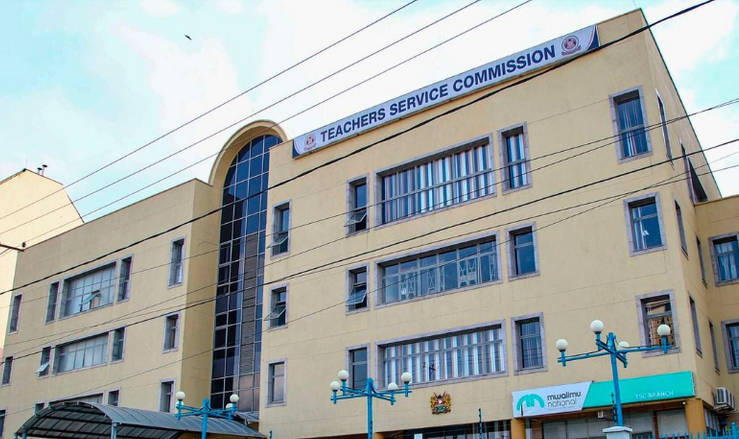
Errant Teachers Face De-Registration in Proposed TSC Law Amendments
Teachers accused of sexual misconduct with learners could face immediate disciplinary action, including removal from the teachers’ register, …
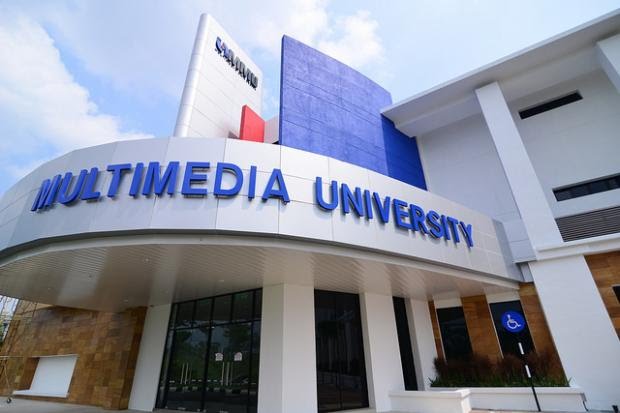
Not Just a University, A Launchpad — The Untold Reasons Why 15,000 Students Choose MMU Every Year (And Why You Probably Should Too)
MULTIMEDIA UNIVERSITY OF KENYA, Magadi Road – The matatu from Rongai pulls up at the "Mmu/Posta" stop just …
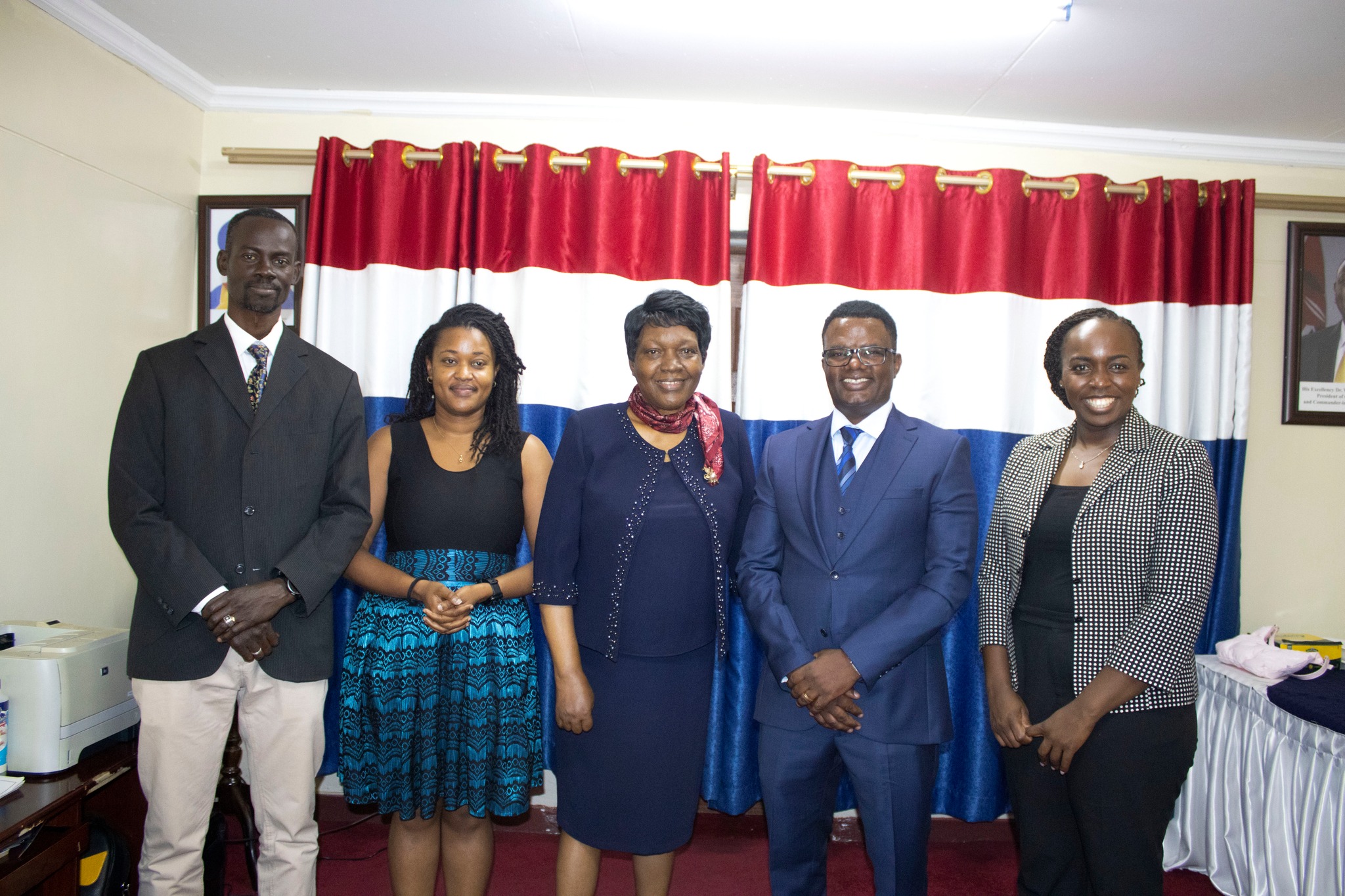
2,500 Students, Zero Excuses' — Inside MMU's Revolutionary 'Inclusive by Design' Student Village That Will Redefine Campus Living in Kenya
MULTIMEDIA UNIVERSITY OF KENYA, Nairobi – The dust rises in clouds over the western edge of the MMU …
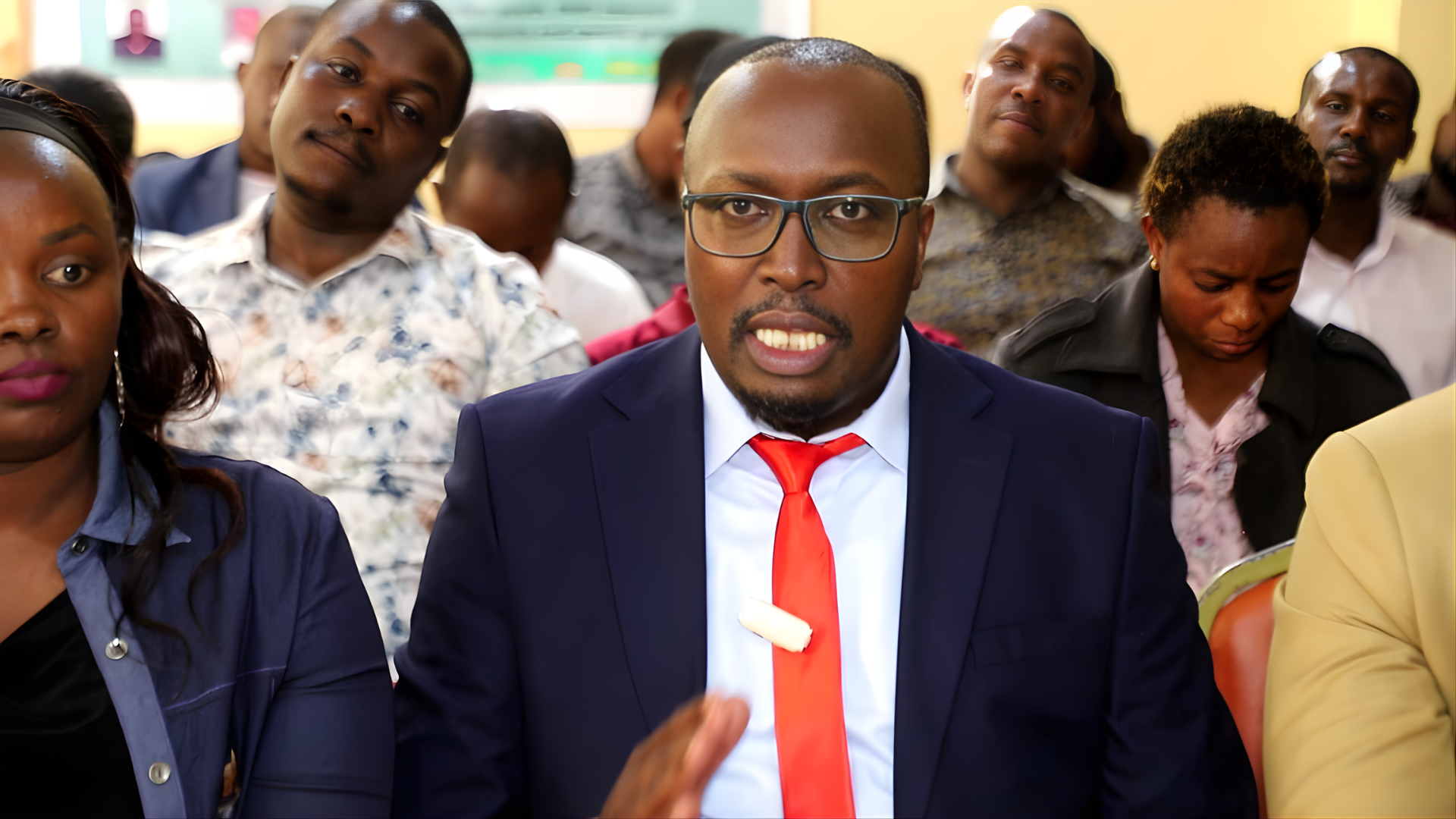
Teachers Sound Alarm Over Unprepared Grade 10 CBC Rollout as 2026 Deadline Looms
Teachers across the country have raised serious concerns over the state of preparedness for the full rollout of …

TSC Announces Recruitment of 9,000 Teachers to Replace Retirees, Applications Open Until December 8
The morning sun streamed through the windows of the Teachers Service Commission headquarters in Upper Hill on November …
More in Health
View All
Cancer Emerges as the Leading Diagnosis at Coastal ReferaL Centre.
Since cancer treatment services were decentralized from Nairobi to the Coast region, cervical cancer has surged as the …

How the body controls Hiv before it causes disease
Why Someone Can Be HIV Positive but Not Sick for Many YearsHuman Immunodeficiency Virus (HIV) is often misunderstood …
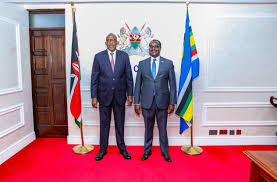
Kenya Launches Bold Task Forceto Fix the Link Between Medical Schools and Hospital Reality
In the gap between classroom training and hospital reality, Kenya’s health and education sectors have launched a joint …
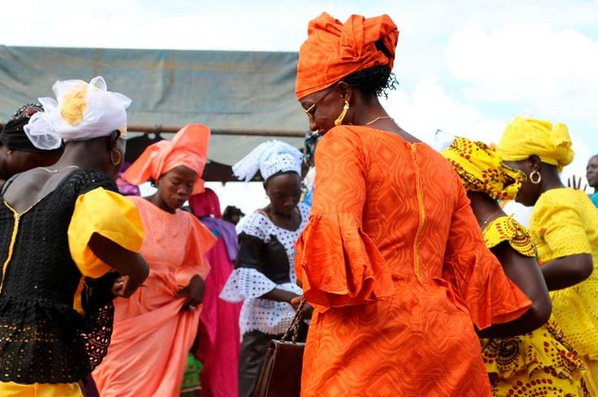
The Digital Revolution Is Reshaping African Marriages .
In many African homes, change is not arriving with loud protests or sweeping legal reforms. It is arriving …

You don’t have to cut the morning caffeine drip to protect your brain against dementia in the future.
Caffeinated coffee and tea could help protect you against dementia. Even a few daily .New research shows that …
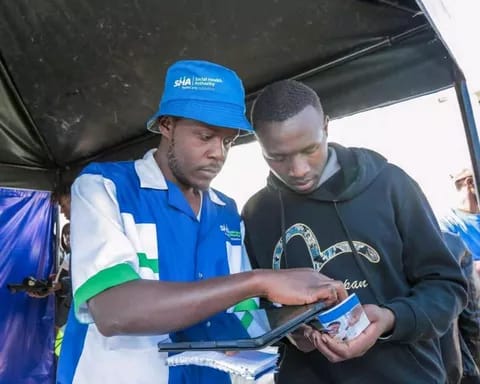
SHA Faces Risk Of Collapse as Ksh 166b Deflict Threatens to Sink Insurer, IEA Report Shows
The Social Health Authority (SHA) is facing a looming financial crisis after a new report revealed a massive …
